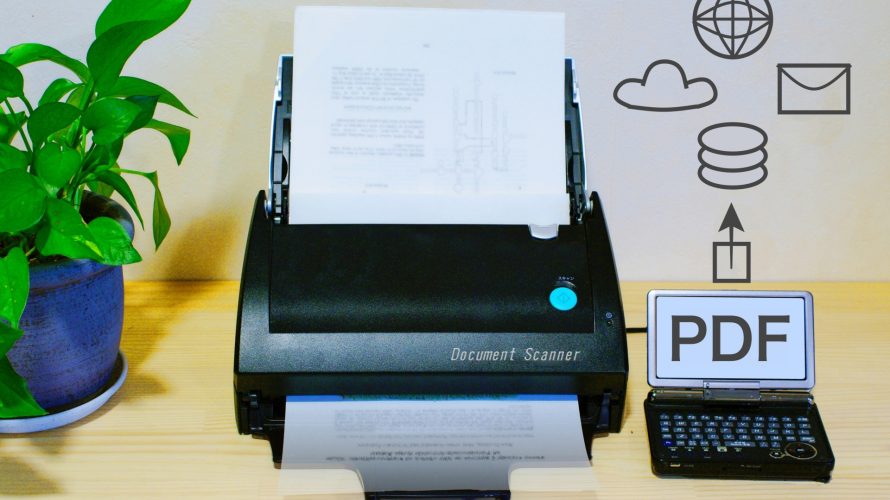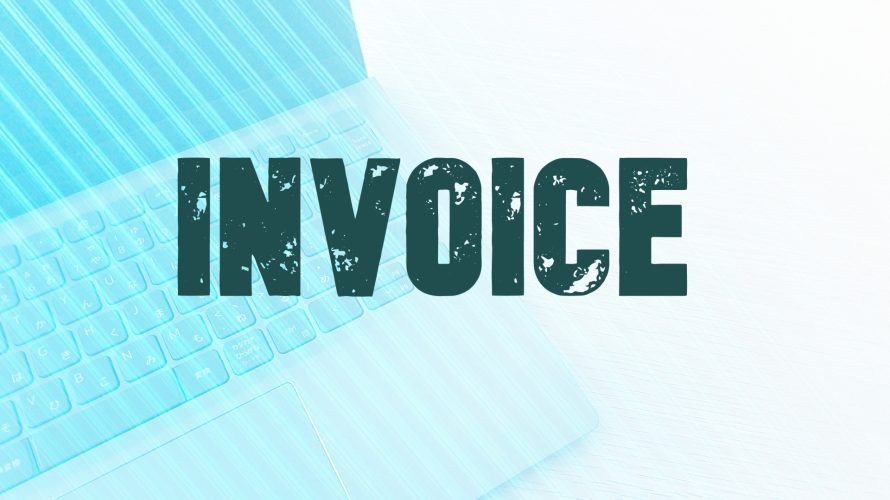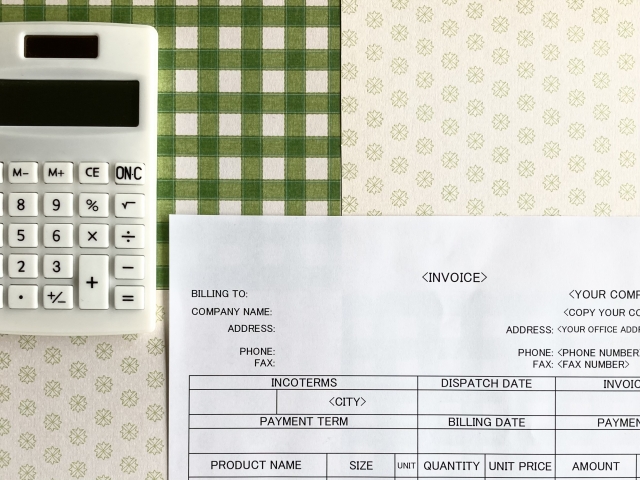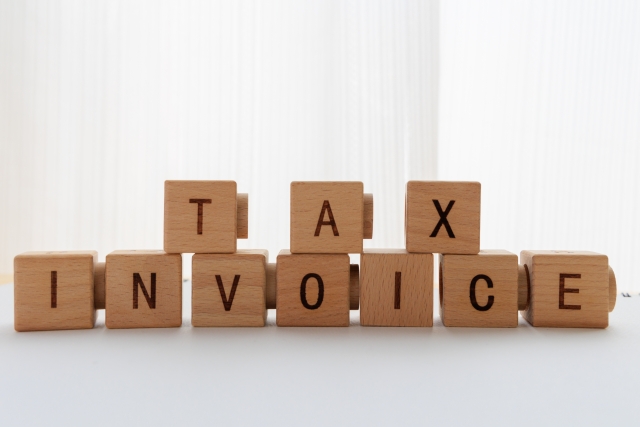- 2023.10.11
- Consumption Tax Act, Dataisation, E-invoicing, Electromagnetic record, Electronic bookkeeping, Electronic Bookkeeping Act, Electronic data, Electronic invoice, Electronic invoicing, invoice system, Purchase tax credit, Qualified Invoicing Business Operator
Under the consumption tax invoice system, an electronic invoice must be delivered when requested by the counterparty of a transaction (Article 57-4(1) and (5) of the Consumption Tax Law). The method of delivery includes, in addition to provision by means of recording media such as optical disks and magnetic tapes, the following methods, (i) Provision of electronic data in EDI (Electronic Data Interchange) transactions (ii) Provision of electronic data by e-mail. (iii) Establishing a website on the Internet and providing electronic data through that website. The business entity that has delivered a qualifying invoice and electronic invoice is obliged to preserve a copy (Article 57-4(6) of the Consumption Tax Law). They can be stored as electromagnetic records (Article 4(2) of the Electronic Bookkeeping Act), but must be stored in accordance with the Electronic Bookkeeping Law (Article 50(1) of the Order for Enforcement of the Consumption Tax Law, Article 15-5 of the Enforcement Regulations of the Consumption Tax Law). It is also permitted to print out and store the information on paper (Article 15-5(2) of the Enforcement Regulation of the Consumption Tax Law).In order for the party receiving the qualifying invoices and electronic invoices to qualify for the ‘credit for input-consumption […]
1. Introduction of the invoice system = Becoming a qualified invoicing business The invoice system will be introduced in the Consumption Tax Law (=VAT Law) from October 2023. The consumption tax rate in Japan is 10%. A reduced consumption tax rate of 8% will be applied to “food and beverages excluding alcoholic beverages and restaurant food” and “newspapers published more than twice a week with a subscription agreement. In principle, a person who wishes to receive a refund of input consumption tax (=input VAT) on a transaction must obtain a registration number from the tax office by the end of September 2023. Registered businesses are entitled to input consumption tax (=input VAT) refunds, but must also file output consumption tax (=output VAT) returns on a regular basis. 2. Transitional measures There are also transitional measures: those who do not obtain a registration number by the end of September 2023, 1) For the first 3 years (October 1, 2023 to September 30, 2026)80% of input consumption tax (=input VAT) can be deducted. 2) For the next 3 years (October 1, 2026 – September 30, 2029)50% of Input Consumption Tax (=input VAT) can be deducted. 3) After that date (from October 1, […]
The EU-like ‘invoice’ system will be introduced from October 2023. In principle, an application for registration as a qualified invoicing business was to be submitted to the tax office by the end of March 2023 to obtain a registration number. However, the introduction of the invoicing system has not yet fully penetrated the public. The Government has decided to extend the deadline for the registration application form until the end of September 2023. The consumption tax rate in Japan is 10%, but a reduced rate of 8% applies to ‘food and beverages excluding alcoholic beverages and restaurant food’ and ‘newspapers published at least twice a week for which a subscription agreement has been concluded’. Simply importing goods into Japan from abroad is represented as the invoice by an import permit. 1. if a foreign business operator conducts transactions in Japan and wishes to deduct Input VAT (=Input Consumption Tax) in its accounting books, he/she takes the following ways. 1) Taxpayer that are already for consumption tax in Japan By the end of September 2023, submit an ‘Application for Registration as a Qualified Invoicing Business’ to the tax office and obtain a registration number; from October onwards, issue an invoice with […]
The EU-like “invoice system” will be introduced in October 2023. The invoice will be the official invoice that certifies the consumption tax rate and tax amount among businesses, and is also required when filing consumption tax returns, receiving credits, or refunds. As a general rule, an “qualified invoicing enterprise” must be submitted to the tax office by the end of March 2023 to obtain a registration number; like in the EU, the registration number must be indicated on the invoice. The invoice system has not yet spread among the public, and the National Tax Agency is likely to change the system so that registration will be possible after April even without stating “difficult circumstances” in consideration of business operators’ readiness. Non-residents of foreign countries under the Japanese Consumption Tax Law who enter the Japanese commercial stream will also be required to designate a Japanese tax representative, submit an application for registration, and obtain a registration number. When simply importing goods into Japan from abroad, an import license will be substituted for an invoice. Once registered with the tax office to issue an invoice, businesses with annual sales of 10 million yen or less that are currently exempt from paying consumption […]



